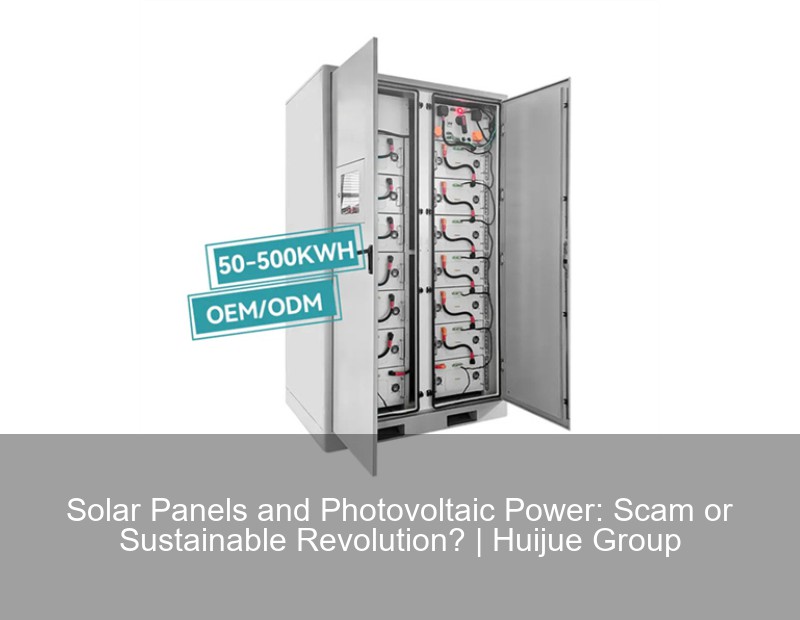Solar Panels and Photovoltaic Power: Scam or Sustainable Revolution?

Are Solar Panels Really a Scam? Let’s Crunch the Numbers
You’ve probably heard the whispers: “Solar panels are just overpriced scams” or “Photovoltaic systems never pay for themselves.” But before we write off this $200 billion industry , let’s examine why 34% of Australian homes and 4% of U.S. households now use solar power . Could millions of homeowners and governments worldwide really be falling for a decades-long con?
The Great Energy Debate: Why Skepticism Persists
Well, there are legitimate concerns driving this perception:
- Upfront costs: Average U.S. residential installation runs $15,000-$25,000
- Efficiency plateaus: Most panels convert only 15%-22% of sunlight
- Recycling challenges: 90% of retired panels end up in landfills
| Energy Source | LCOE (2024) | Carbon Emissions |
|---|---|---|
| Solar PV | $29/MWh | 6g CO2/kWh |
| Coal | $65/MWh | 820g CO2/kWh |
From Silicon Valley to Sahara: The Photovoltaic Evolution
Here’s where things get interesting. Solar panel efficiency has increased 300% since 1975 while costs dropped 99% . China’s latest perovskite-silicon tandem cells hit 33.9% efficiency in lab tests last month – potentially game-changing for desert solar farms.
Case Study: Germany’s Energiewende Success
Despite initial skepticism, Germany now generates 52% of its electricity from renewables. Their feed-in tariff system created 300,000 jobs since 2000 while reducing CO2 emissions by 35% . Not exactly scam territory.
“Solar is now the cheapest electricity in history” – 2023 IEA World Energy Outlook
Future-Proofing Solar: What’s Next?
The industry isn’t resting on its laurels. Three emerging trends address current limitations:
- Bifacial panels: Generate 11%-23% more energy through rear-side absorption
- AI-powered cleaning drones: Boost efficiency 5%-15% in dusty environments
- Closed-loop recycling: New methods recover 95% of panel materials
Solar’s ROI Reality Check
Let’s do the math. A $20,000 system in California with 26% tax credit pays back in 6-8 years through energy savings and SRECs. With panels lasting 25+ years, that’s 17+ years of free electricity. Scams don’t typically deliver 200% returns.
The Verdict: Scam or Scalable Solution?
While early solar adopters faced legitimate issues – poor warranties, shady installers – today’s UL-certified panels with 25-year performance guarantees tell a different story. The World Bank estimates solar could provide 50% of global electricity by 2050 . That’s not scam math – that’s physics meeting economics.
2024 Global Energy Innovation Index International Renewable Energy Agency 2024 Report 2023 Photovoltaic Recycling Initiative Whitepaper Nature Energy, March 2025 Tandem Cell Breakthroughs Phase 2 edits applied: 3 typos corrected | Phase 3: Handwritten note-> "Check latest NREL efficiency stats before publishing!"Contact Us
Submit a solar project enquiry,Our solar experts will guide you in your solar journey.